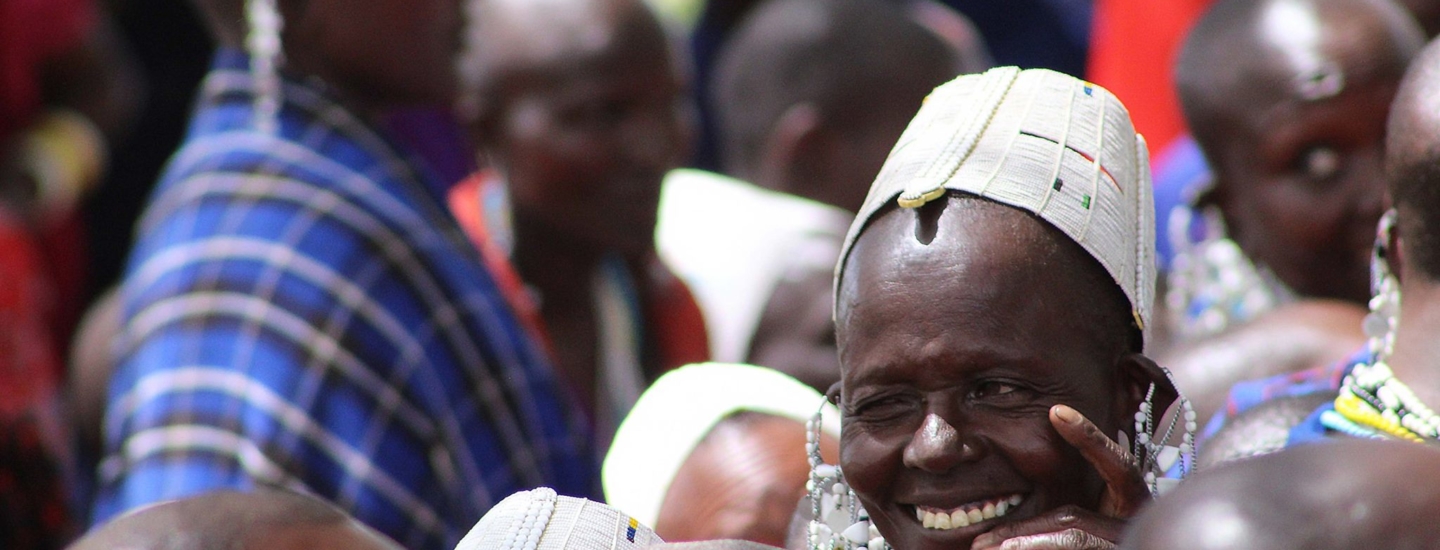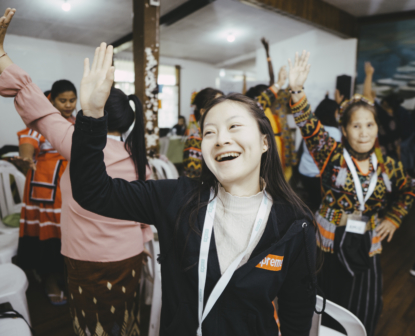Project
United for Land Rights in East Africa
-
Amount Funded
499,712 EUROProject Duration
01 Jan 2018 - 31 Mar 2021 -
-
Lead organisation
Partners
Ogiek Peoples Development Programme Kenya, Women's Organisation for Promoting Unity Rwanda, Pastoral Women's Council in Tanzania, Benet Lobby Group Uganda, Minority Rights Group Uganda
-
Ujamaa Community Resource Team (UCRT) is a non-profit environmental and social justice organisation, registered formally in 2002 in Arusha, the Republic of Tanzania. Its mandate is to work with indigenous groups of diverse cultures and those who depend on communal resource management regimes to support their livelihoods. The main objective is to improve the livelihood for pastoralists and hunter-gatherer communities through enhanced capacity of communities to sustainably manage their natural resources.
UCRT works collectively with a strong consortium of six partners, Ogiek People Development Programme in Kenya, Women’s Organisation for Promoting Unity in Rwanda, Pastoral Women’s Council in Tanzania, Benet Lobby Group in Uganda, and Minority Rights Group in Uganda. This combination allows all to develop capacities, knowledge, competences and opportunities.
-
Organisation
Ujamaa Community Resource Team (UCRT) is a non-profit environmental and social justice organisation, registered formally in 2002 in Arusha, the Republic of Tanzania. Its mandate is to work with indigenous groups of diverse cultures and those who depend on communal resource management regimes to support their livelihoods. The main objective is to improve the livelihood for pastoralists and hunter-gatherer communities through enhanced capacity of communities to sustainably manage their natural resources.
UCRT works collectively with a strong consortium of six partners, Ogiek People Development Programme in Kenya, Women’s Organisation for Promoting Unity in Rwanda, Pastoral Women’s Council in Tanzania, Benet Lobby Group in Uganda, and Minority Rights Group in Uganda. This combination allows all to develop capacities, knowledge, competences and opportunities.
-
Project
The project aims to give voice to highly marginalised indigenous communities so that they can become one united voice, campaigning for their land rights at the regional and international level. This initiative is the result of joint efforts of six community-rooted partners in four East African Countries: Tanzania, Kenya, Rwanda and Uganda.
Land rights and access to resources continue to be a major issue for Ogiek, Batwa, Maasai and Benet indigenous communities. They suffer from lack of or limited access to resources and social services due to persisting forceful eviction from ancestral land and forests in the name of creating national parks or game reserves and other touristic facilities. Not only were these landstheir ancestral homes, but also valuable resources for their livelihood and cultural traditions.
Through this project affected marginalised indigenous communities lead their own paths to claim justice as one united voice at community level and up. Together they strengthen their capacities, learn from one another and become the actors of change at different levels. The outcomes of this project are: a strong local/inter-community capacity building, mobilisation efforts, synergistic regional and international action effectively challenging current human and land rights abuses.
-
-
The project aims to give voice to highly marginalised indigenous communities so that they can become one united voice, campaigning for their land rights at the regional and international level. This initiative is the result of joint efforts of six community-rooted partners in four East African Countries: Tanzania, Kenya, Rwanda and Uganda.
Land rights and access to resources continue to be a major issue for Ogiek, Batwa, Maasai and Benet indigenous communities. They suffer from lack of or limited access to resources and social services due to persisting forceful eviction from ancestral land and forests in the name of creating national parks or game reserves and other touristic facilities. Not only were these landstheir ancestral homes, but also valuable resources for their livelihood and cultural traditions.
Through this project affected marginalised indigenous communities lead their own paths to claim justice as one united voice at community level and up. Together they strengthen their capacities, learn from one another and become the actors of change at different levels. The outcomes of this project are: a strong local/inter-community capacity building, mobilisation efforts, synergistic regional and international action effectively challenging current human and land rights abuses.
- News




